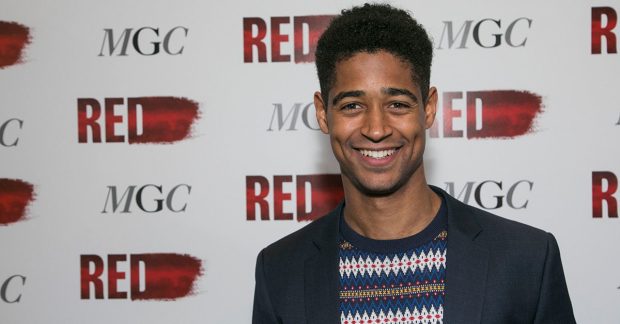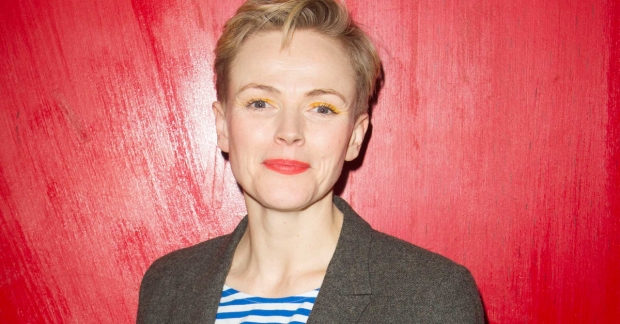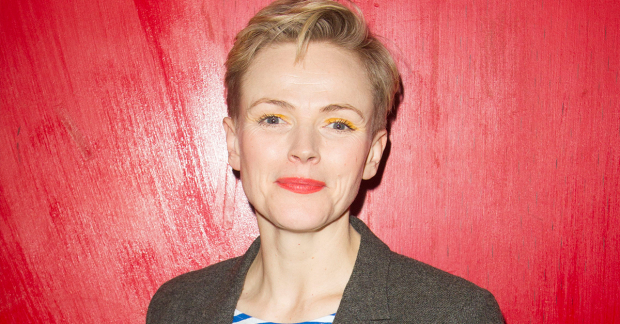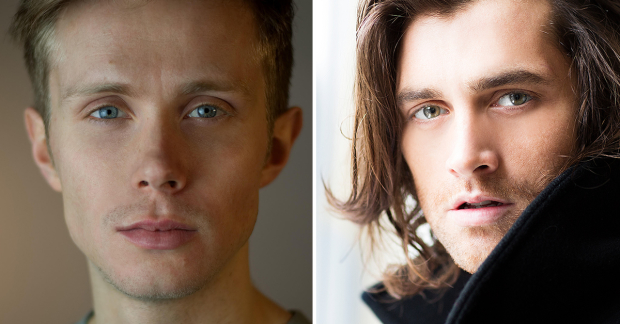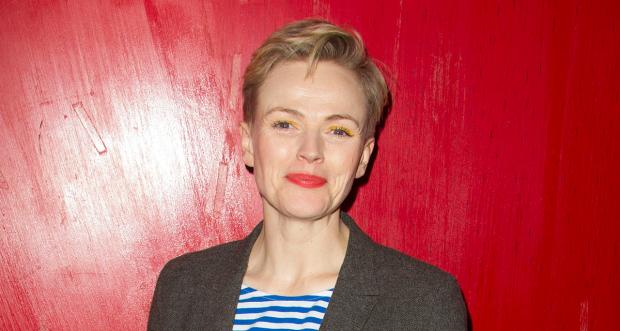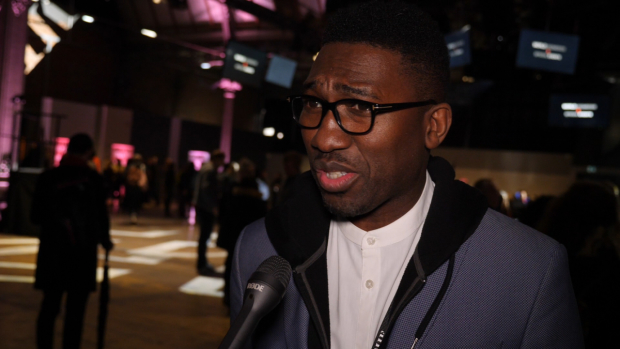Review: Avalanche: A Love Story (Barbican)
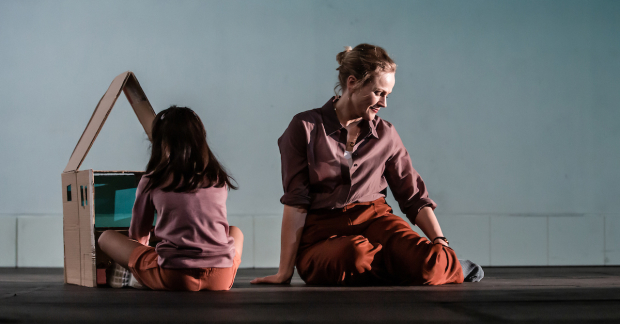
Panka
© The Other Richard
"It's up to you." That's the refrain Maxine Peake's nameless woman, struggling to conceive, is constantly told by doctors. They are at pains to show her that continuing the struggle is her choice; but Julia Leigh's script poses the important question of whether choice really is the same as freedom.
Peake's Woman tells the audience the story of her battle against childlessness, a story of continuous hope and hopelessness, as her age increases and her chances plummet. We watch her transform from someone who never mentions children, to a literal ball of emotion, curled up on a chair, focused only on the next round of hormones, the next chance, the idea that "you only need one to work". Based on Leigh's own memoir, the script somehow manages to find light amidst the bleakness. In a moment of confession, the woman explains that when she is waiting by the phone to hear her results, she "brrring brrrings" at it to encourage it to imitate. The image makes us laugh to begin with, although it takes on deeper meaning as we see the woman do it again and again, the phone never responding.
In a performance reminiscent of Carey Mulligan's luminous turn in Girls and Boys last year, Peake captivates her audience, commanding the stage, her expressive face only still when she allows herself, for a second, to contemplate 'the abyss'. It is these abrupt changes which make the biggest impact. Her voice fills the room with vivacious 'Pollyanna juggernaut' energy – until it doesn't, trailing off with a long low s. The absence of sound reflects the absence of a child, or ‘childlings' as the woman calls them, setting them apart as something alien or other.
Marg Howell's set wisely gets out of the way and lets Peake dominate, for the most part. This staging is seemingly simple – a limbo-like bleak white, almost featureless room, containing a single chair and table – but it slowly changes as the plot darkens and an avalanche – both literal and emotional – builds, accompanied by the rumbling of Stefan Gregory's ominous sound design.
There are some key issues which feel underexplored here – the idea of adoption, the ethics of spending so much money on a child, a partner's experience of this overwhelming desire – but this is perhaps simply the natural limitation of a one-woman play. Indeed, the production is one part of the larger Fertility Fest, which promises to examine the multi-faceted nature of fertility in a range of events and exhibitions.
The subtitle of this play is A Love Story; Leigh demonstrates to the audience throughout quite how much love goes into the desperate and often obsessive nature of fertility treatment. The final coup de théâtre, which refers back to the play's title, is visually stunning. However, it's almost unnecessary. By far the most exciting and moving thing is watching Peake watching an imaginary phone with tears in her eyes, trying to force it to ring.



